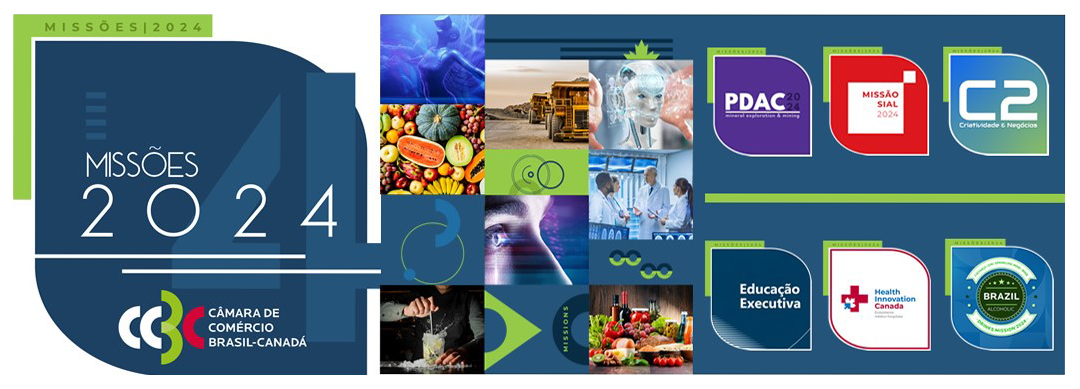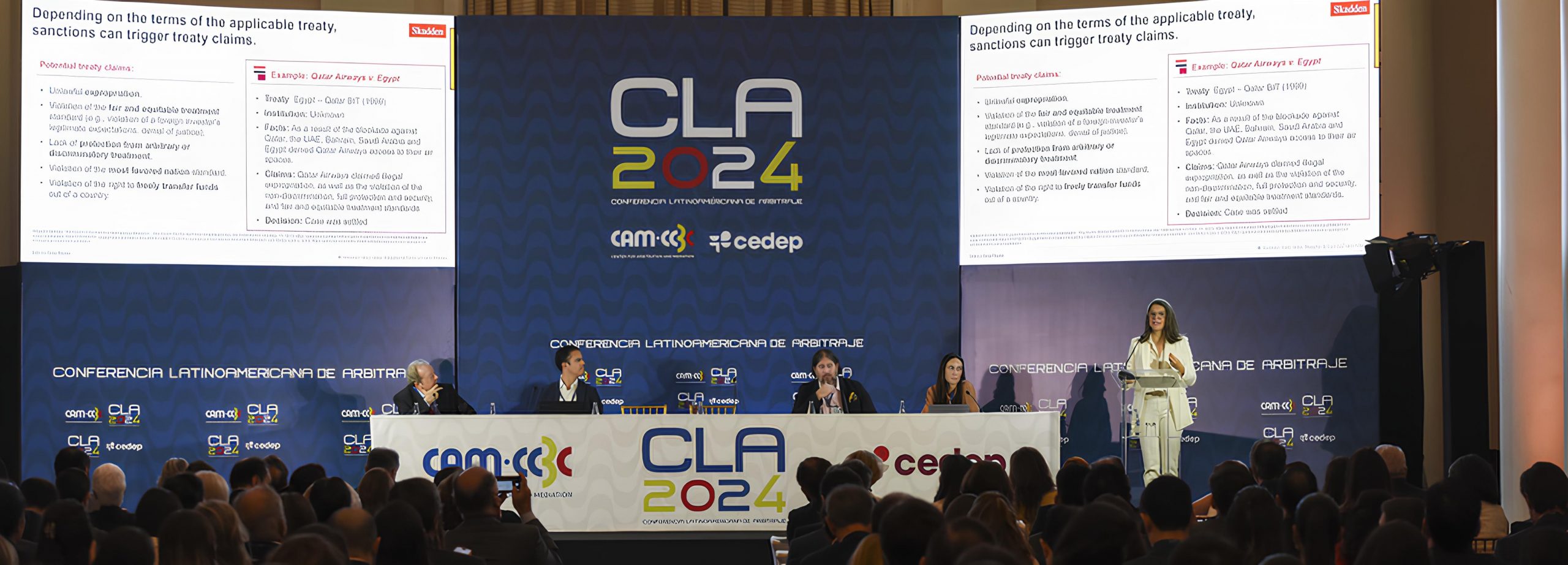During the Brazil-Canada 2023 Summit, Canadian institutions and Brazilian companies discussed ESG and AI solutions and strategies based on the North American country’s expertise in reducing environmental impacts; the Canadian ambassador to Brazil, Emmanuel Kamarianakis, stressed the importance of resuming negotiations on the Mercosur-Canada agreement in order to increase investment, whose official figures already indicating over 100 billion reais.

São Paulo, September 2023 – The 2023 Brazil-Canada Summit, organized by the Chamber of Commerce Brazil-Canada (CCBC) in celebration of its 50th anniversary, brought together Brazilian and Canadian leaders to discuss relevant topics in the fields of innovation and sustainability. The importance of strategic partnerships and the exchange of knowledge among universities, companies and governments in shaping the future of business and the collaborative economy were at the heart of the discussions.
Prominent topics included research in science and innovation – such as the use of Artificial Intelligence in business -, ESG, Sustainable Development, Diversity, Equity & Inclusion, and Investments. The relevance of the Canada Mercosur agreement for the future of business between Brazil and the region with Canada also took the spotlight, as did the role of investments and cooperation between the two countries for the next 50 years in innovation and development.
The Canadian ambassador to Brazil, Emmanuel Kamarianakis, assured the government of Canada’s commitment to resuming negotiations on the Mercosur Canada agreement in the future and highlighted the partnerships already established in various areas, including research and development, technological innovation, trade, and investment. Kamarianakis emphasized Brazil’s position as Canada’s largest trading partner in South America and the priority of technological collaboration and innovation for development.
The presence of major Brazilian companies in bilateral business, such as Vale, Gerdau and Marcopolo, was also noted by Kamarianakis, who anticipates even greater business growth between the two countries in the coming years. “According to our official statistics, 25 billion dollars have already been invested in Brazil, approximately 100 billion reais, but this figure could be much higher since the numbers follow specific accounting estimates.
That’s
why we estimate that the investments already made could reach 300 billion reais, a very significant volume,” he said.
In the panel entitled “The arrival of the sustainability era”, which opened the event, participants discussed the importance of the environmental agenda, the circular economy, innovation, as well as the initiatives being adopted to reduce impact and achieve zero carbon in various ESG sectors, especially in the light of climate change. Technologies available from Canada for the adoption of green hydrogen were also a topic of discussion.
The guests highlighted the main challenges and actions in various areas, such as basic sanitation to improve water management, sewage treatment and water reuse. Canadian expertise in innovation was also acknowledge by the companies present, in sectors like technology, renewable energy management, mining, agribusiness and food safety. They pointed out the importance of innovative initiatives for environmental preservation and the health and well-being of communities while also promoting access to education and income generation for populations living in areas with major infrastructure projects.
The panel entitled “Technology and Innovation applied to business”, on the second day of the Brazil-Canada Summit, focused on the role of technology and innovation as important tools for transformation and for managing the security of assets and people. Cooperation between Brazil and Canada for investment and business with the aim of promoting research, processes and ideas within companies, as well as collaboration between the public and private sectors, led the conversations.
As one of the leading countries in AI research, Canada is recognized for its outstanding performance in cutting-edge research and collaboration between Canadian and foreign universities, companies, investors and experts. This includes a strong partnership with the Fundação Araucária, one of the institutions present at the event and which has agreements in research and development with the province of Quèbec and, recently, with the province of Alberta.
The discussions on how technology and the circular economy are part of an innovation ecosystem that helps promote entrepreneurship and the internationalization of companies, as well as the advancement of AI, took into account the management of the future and sustainability, as well as the principles and values that involve companies and their employees, such as diversity, equity and inclusion.
The panel “Investments: a look at the next 50 years” closed the event and addressed the attractiveness of the Brazilian market for development in various areas of the economy, Canadian expertise in technology and management and attracting investments to public and private institutions. The participants discussed the growth potential of impact projects with a social purpose, as well as technology-based and carbon reduction investment projects.
Irene Vida Gala, diplomat and deputy head of the Itamaraty representative office in São Paulo, and president of the Brazilian diplomats association, highlighted the quality of relations between Brazil and Canada and their shared values. “The fact that we have two nations with a very clear commitment to the democratic process is significant. This
commitment extends to the sustainability agenda. Canada and Brazil work in sectors such as mining, agriculture and science and technology, which put Brazil in a very favorable position to have equal discussions with Canada, and one of these very positive aspects is undoubtedly our capacity in the agricultural area.”
The Consul General of Canada in São Paulo and director of the Quèbec bureau in São Paulo, Jason Naud, recalled the importance of cultural and business ties between the province of Quèbec and Brazil. “Brazil, with its significant economic influence and vibrant culture, has attracted the attention of the Québec government from the very beginning. This is why we opened our office in São Paulo in 2008, with the aim of strengthening our presence in the country and, without a doubt, with the support of CCBC,” he said.
Ronaldo Ramos, president of CCBC, highlighted the Chamber’s numerous projects throughout its 50-year history, including trade missions, business roundtables, market studies and the creation of business hubs to support the internationalization of Brazilian and Canadian companies.
The executive also pointed out that companies, governments and institutions need to be aware of the paradigm shifts in the area of sustainability in order to prioritize the holistic purpose of business, with humans being at its core, along with all aspects related to the environment, social responsibility and corporate governance. “It is our responsibility, as leaders and representatives of the business sector, to embrace these transformations and incorporate them into our daily lives,” he reflected.




